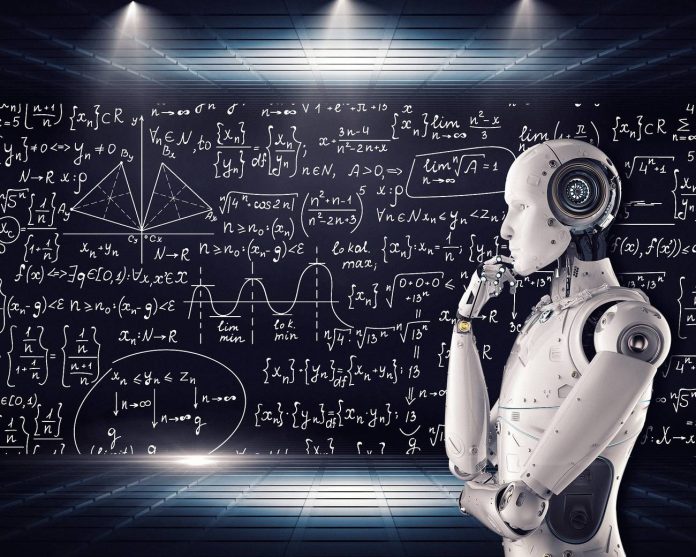The Manuel Giménez Abad Foundation has just published the collective book Constitutional Law for the 21st Century: Challenges and Opportunities, coordinated by Manuel Aragón, Diego Valadés and José Tudela (you can download the chapters).
In this book I had the opportunity to collaborate with the chapter entitled “El Gobierno ante los retos de la nueva modernidad: la globalización y la inteligencia artificial” (can be downloaded in pdf format).
In this paper I focus on some of the challenges facing the government, traditionally known as the executive branch, which, although it has managed to attain a position of pre-eminence among the powers of contemporary democratic states -something that seemed unlikely at the founding moments of these states- this same leadership obliges it to assume the need to respond to situations that neither originated nor, with difficulty, can be resolved from within the borders of each country.
Two highly topical examples may serve to explain this inability of governments to control economic, political and social problems that “come from outside” and which, in principle, they have not generated, but for which they must respond to their respective societies: the HIV/AIDS pandemic and the war in Ukraine as a result of the Russian invasion.
At this point, the democratic challenge is, first of all, to admit, as Daniel Innerarity says (A Theory of Complex Democracy: Governing in the 21st Century, pp. 167-168), that “the democratic challenge is to admit, as Daniel Innerarity says (A Theory of Complex Democracy. 167-168), that “the system cannot be controlled but the government is fundamental to the system and its evolution… this paradox of the act of governing also characterizes other types of intervention in complex systems, in all of which a form of authority is seen in a sphere where things tend to be ordered without this authority… Governing implies accepting the limitations of the intervention itself…” And, secondly, it would then be necessary to try to articulate a model of “open” and “intelligent” government, thanks, among other things, to the development of information and communication technologies and artificial intelligence.


